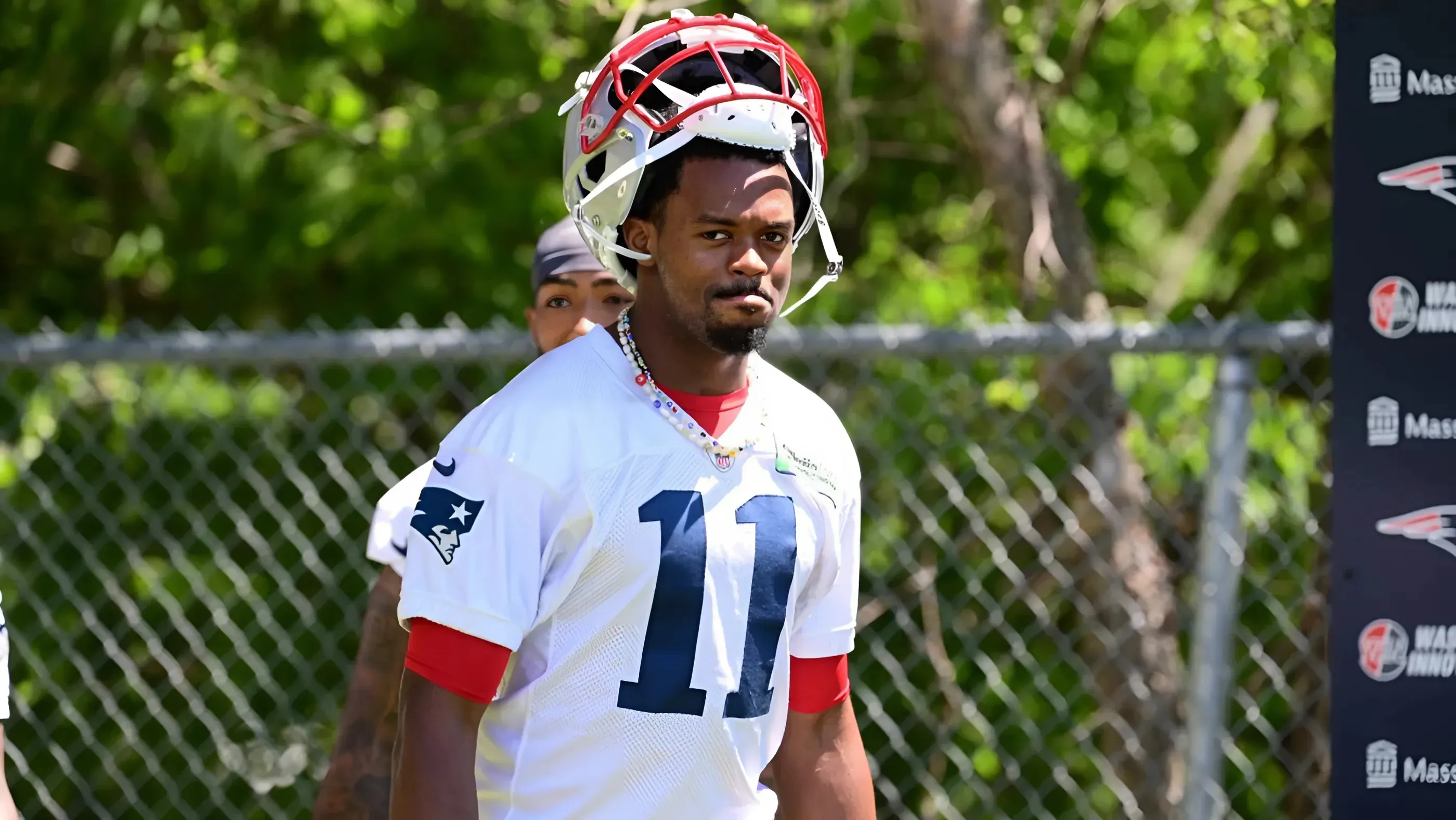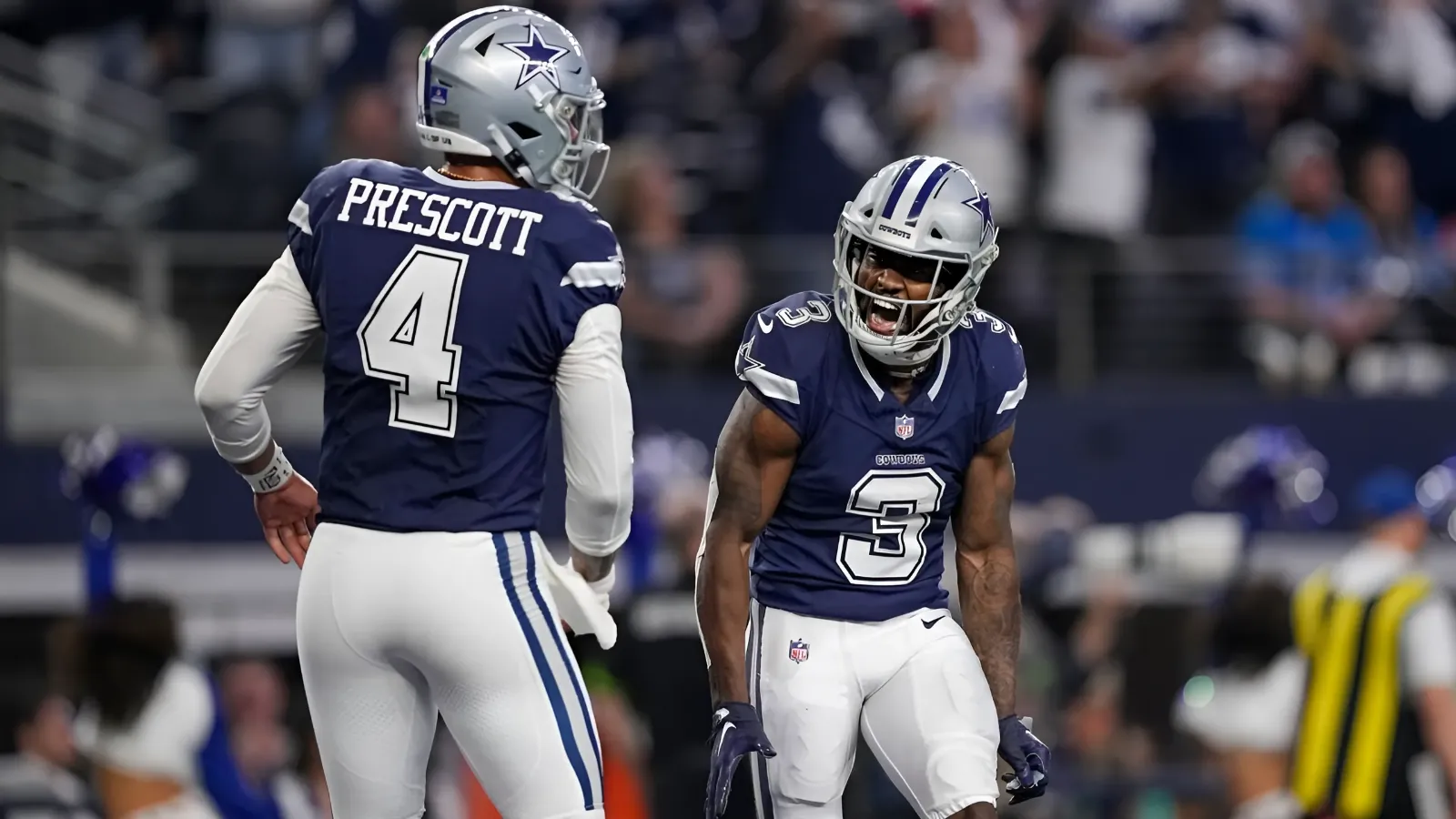The following contains spoilers for The Walking Dead: Daryl Dixon Season 2, Episode 6, "Au Revoir Les Enfants," which premiered Sunday, Nov. 3 on AMC.
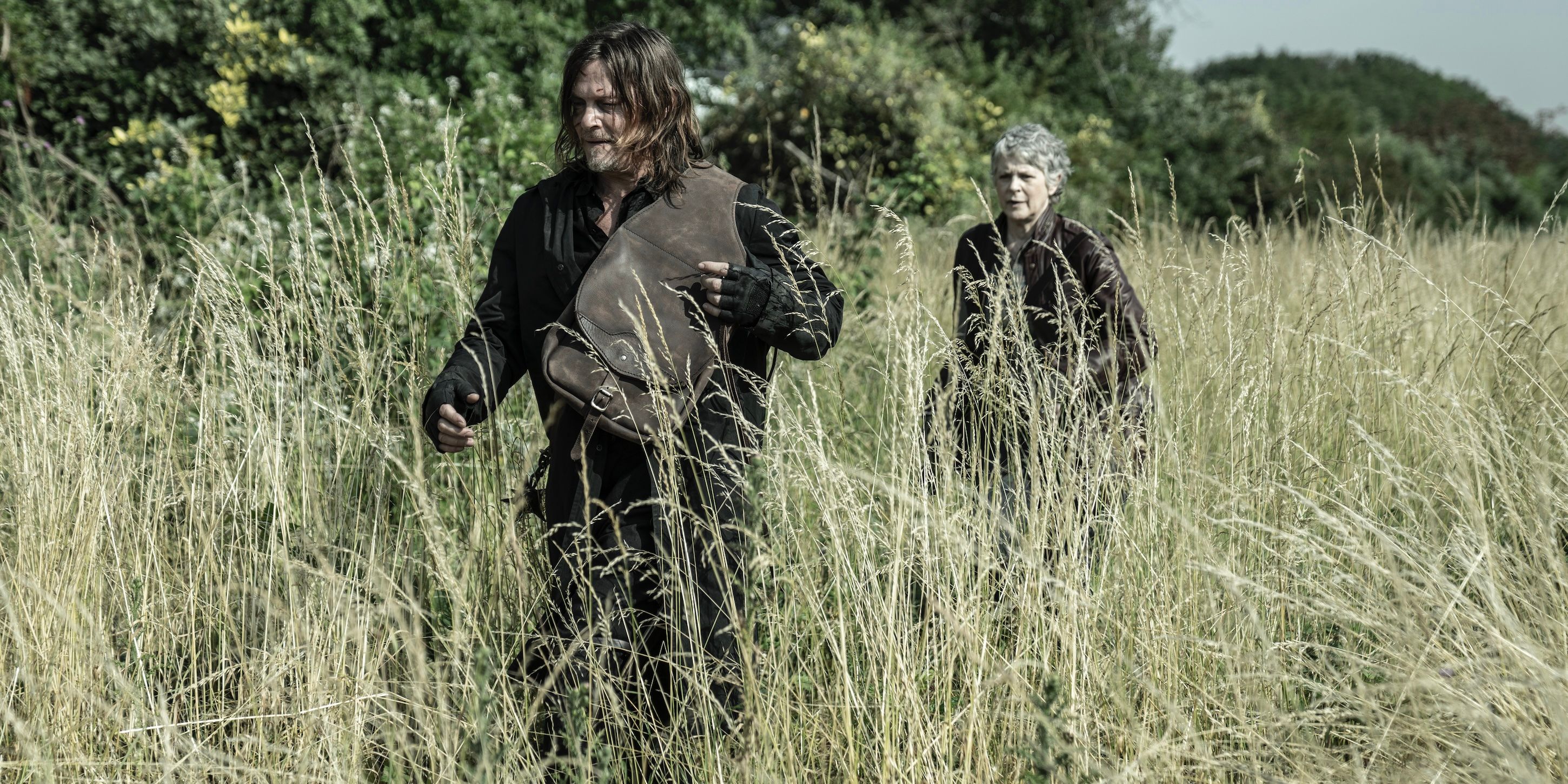
Like it or not, The Walking Dead is around for the long run. Even before the flagship series ended after 11 seasons in 2022, it already had plenty of spinoffs on the conveyor belt ready to be pumped out like artificial candy. The so-called metaphorical candy here is fine; it satisfies a sweet tooth, but it also has a weird aftertaste. Nonetheless, it's not expired and doesn't harm anybody. But after watching all six episodes of The Walking Dead: Daryl Dixon Season 2, I've reached my limit with this weird candy. The series was once fun and fresh in the stale franchise, but it's fallen into the very trap that it once tried to avoid: Daryl Dixon has become too American.
For context, I love The Walking Dead, as the title suggests. Despite its later flaws, the main series is one of my favorite shows of all time and the first three seasons of Fear the Walking Dead are high on my "best-of" list. The other spinoffs are entertaining, but not works of art, which is fine by me. But overall, The Walking Dead continues to impress me when it nails a hypothetical scenario where humanity turns on itself in an apocalypse. The moments where people come together give me hope that, in both fictional and real life, humanity has a chance. But The Walking Dead repeats this mantra over and over again with the same characters, ignoring potential opportunities to explore how other cultures and countries react to a disastrous situation. The effect is much worse in Daryl Dixon, due to Season 2's semi-problematic ending, which implies the franchise cannot venture out to other countries without the perspective of an established American character.
The Walking Dead Has a Serious Cultural Problem
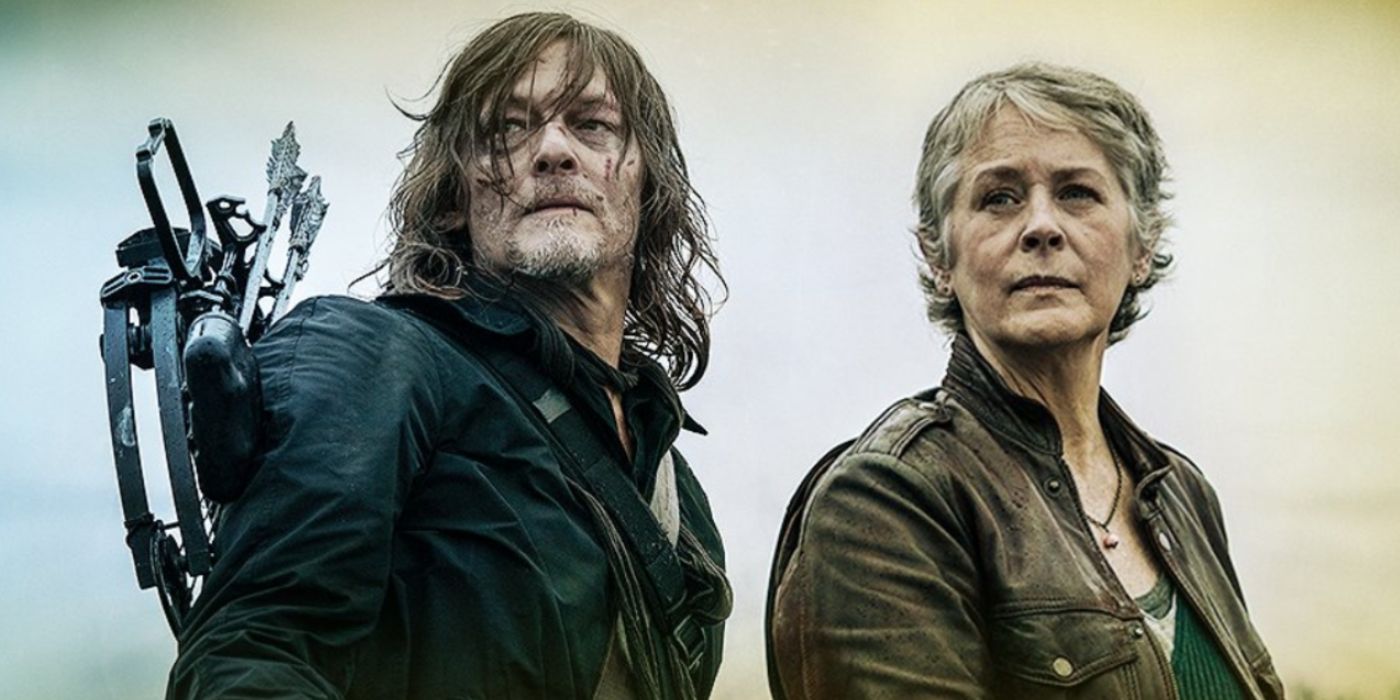
Related
Before getting into Daryl Dixon's lack of accurate French representation, we have to understand how we got to this point. Daryl Dixon is based around the titular character when he shipwrecks in France. On his journey to get back home to America, he gets to know several French natives: Isabelle and Laurent Carriere, Fallou, Sylvie, Losang, Stephané Codron and Marion Genet. There are plenty more, but those are the main people Daryl encounters. In Season 2, his former pal Carol Peletier hops onto the show and reunites with Daryl.
The reunion itself was sweet, albeit nothing we hadn't seen before from Daryl and Carol in the main show. But it also acted as a curse to the French characters. Episode by episode, people dropped like flies. Sylvie, Isabelle, Losang and Genet die, along with many others. Meanwhile, Laurent, Codron and Fallou are either left behind or forge their own path. Not surprisingly, but disappointedly, Daryl Dixon ends on a familiar note The Walking Dead fans know all too well: the two main characters are able to survive and move on, while the supporting characters are memories.
The expectation going into Daryl Dixon was that it would show how a different culture reacted to the zombie apocalypse.
I don't believe for a second that the creatives behind Daryl Dixon are intentionally saying, "Americans are better and will always come out on top." In fact, everyone creating this show appears to be passionate about bringing The Walking Dead overseas and away from North America. You can see that passion in the sets that have transformed iconic French locations into crumbling landmarks. But as an American born and raised in rural Tennessee, I was disappointed that the story watered down the historically rich French culture to make it a quick-stop European tour.
There was very little care to wrap up every character's storyline in a tight bow. The series needed to quickly get rid of Laurent, Codron and more so that Daryl and Carol could move to Spain. What I fear the most is that Spanish characters will suffer the same fate in a couple of seasons when it's time for Daryl and Carol to make their next stop in another country. The expectation going into Daryl Dixon was that it would show how a different culture reacted to the zombie apocalypse. Would the French quickly resort to violence like Americans? Did France fall as quickly as America? What kind of ideologies do the French hold onto when all hope is lost?
Season 1 did a praiseworthy job of answering those questions. Although Daryl was the main character, it was really Isabelle who drove the series forward as the audience's eyes into this new world. But once Carol arrived in Season 2, the focus shifted back to the Americans. Isabelle died a meaningless death to leave room for Carol and Codron was unfairly sidelined. Characters switched sides quicker than a bitten human turns into a walker. Daryl Dixon didn't really seem to care about the Frenchness of the story anymore. It cared about hitting a tally: one country the franchise ticks off a list as part of its expansion.
Now, this isn't to say Daryl Dixon was once the golden standard of French apocalyptic television and just suddenly flipped a switch. From the get-go, the biggest problem is that the series is predominantly created by non-French people, in terms of writers, directors and producers. The only native crew member among these titles is Coline Abert, a French-English screenwriter who penned Season 1, Episode 3, "Paris Sera Toujours Paris." The dissonance between non-French writers and directors and the story on-screen sometimes results in stereotypes.
The French characters are often dressed in period-piece wardrobes that look like they're stuck in the World War II era. The American characters are modernly dressed, appropriately representing how the world stopped in 2010. For the most part, the French are extremists in whatever they believe. They're either brainwashed to believe in a non-existent religious prophecy or worship a militant tyrant. The French reject change and are stuck in tradition. It just so happens that Daryl's arrival is the spark Isabelle needs to gain individualism. Again, it's a form of American exceptionalism that Daryl Dixon may not be intentionally messaging, but it sure does come off that way.
Daryl Dixon Should Model Early Seasons of Fear the Walking Dead
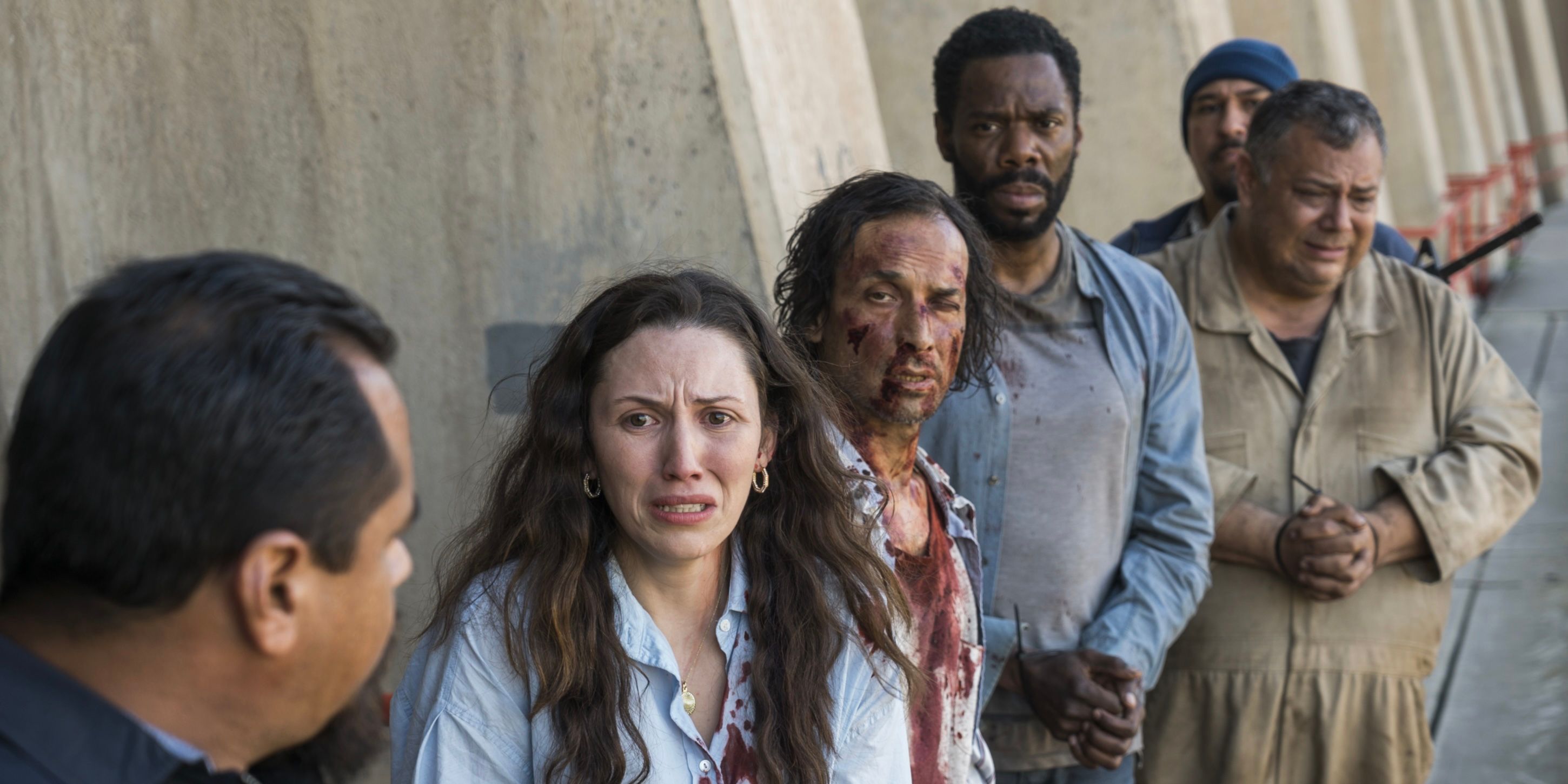
In terms of where Daryl Dixon goes from here, it's too early to judge if the show will treat Spain with the same disrespect. The teaser trailer for Season 3 shows gorgeous scenery and very little about the characters, but I'm already cautious. One character appears to be inspired by Red Dead Redemption 2's Dutch van der Linde, from his facial hair to the American Western outfit. Spain's Tabernas Desert was a popular filming location for old Spaghetti Western films, a clear influence in Season 3.
Having said that, I'm not immediately jumping to the conclusion that Season 3 won't just be an attempt to kill two birds with one stone by hitting the American Western genre in a new country. I've been critical of Daryl Dixon's misguided attempt at a French apocalypse, but I'm also optimistic that the show can turn things around. Daryl Dixon will never move away from Daryl and Carol. That much can be said. We have to accept that these two characters will be our gaping guides throughout Europe. But this isn't the first Walking Dead show with Americans leading us into a different country. Once upon a time, it was Fear the Walking Dead.
"We are just visitors. Our dead, and they are our dead, they have always walked amongst us. The only difference is now we can see them." -- Celia Flores
The very first spinoff in the The Walking Dead franchise, Fear the Walking Dead, has a pretty controversial reputation for many reasons. But none of which are because of how it used Mexico as a setting. When Fear the Walking Dead crossed the border to Mexico, it was led by the Clark family and their allies. They saw firsthand the different actions taken in Mexico to survive. Some were on the same wavelength as Daryl Dixon's Union of Hope, relying on a religious belief that walkers are simply in another stage of life. Others join a dangerous gang that seeks to control the masses.
However, there were also so many people who rejected extreme measures and were simply trying to survive. Good and bad people lived on both sides of the coin in Mexico, just like any other country during the apocalypse. In those two seasons, Fear the Walking Dead gave us the time to understand these characters far beyond their ethnicity. They were human beings with ulterior motives or good intentions. Their culture played a part in who they were, and Fear the Walking Dead didn't shrug it off like it was background noise needed to animate the series.
Fear the Walking Dead was not perfect by any means; it was seriously lacking in Latino writers, but there were at least several Latino directors in Seasons 2 and 3. But just as Native culture was in Fear the Walking Dead Season 3, Mexico wasn't just an interchangeable setting on the show. It was its own character that controlled the plot. When the show moved on from Mexico, I didn't feel empty or dissatisfied. Sure, I wasn't necessarily happy with the direction the show went in, but it wasn't a jarring end to that era. Characters weren't killed or given a love interest at the last second to close the door on Mexico and go back to America. It was a natural conclusion, which is something Daryl Dixon couldn't achieve.
Countries The Walking Dead Should Explore in Different Spinoffs

For years, fans of The Walking Dead have been asking for spinoffs that are set in different countries. We've been given Daryl Dixon, which may end up being all of these desired spinoffs rolled into one. But Chief Content Officer of the franchise, Scott M. Gimple, is always promising new ideas are being discussed. There is still hope that, one day, the franchise will finally pivot away from the flagship characters we've known for so long.
As someone who's been following this franchise for a decade, I'd like an international show that is bold enough to be written, directed and produced by people who identify with the country it's set in. An entirely new perspective not only has cultural significance, but gives precedence to character over plot. Going into Daryl Dixon Season 3, I'm not sure what more Daryl and Carol have in them to change as individuals. It's time for new characters to fill their shoes in ways where they're not so whitewashed. While I'll take any other country in a new spinoff, these are the ones that have piqued my interest.
New Zealand
In Season 2, Episode 2 of Fear the Walking Dead, a survivalist named George asks Travis Manawa how "his people" have held up in the onset of the apocalypse, referring to the Maori people of New Zealand. This question had me thinking about how an island nation dealt with the outbreak. The Wildfire Virus hasn't spared any country, given that its airborne. The global problem leaves me wondering whether a smaller country surrounded by water is humanity's best bet, or if it's actually a death sentence to be trapped in such a small area compared to America.
South Korea
South Korean TV shows and films are growing in popularity among Western audiences, many of which are already of the zombie genre. But it would be interesting to see how the country reckons with the fallout in The Walking Dead's world. While it would be tough to follow the acts of Train to Busan and All of Us Are Dead, I would welcome the challenge of creating something new in the South Korean zombie genre if I was The Walking Dead.
India
India has an incredibly high population density, meaning things probably hit the fan pretty quickly. For the few that survived, navigating the country with so many walkers would be its own conflict. In that type of scenario, The Walking Dead could go back to its roots of humanity fighting against nature trying to redirect its course.
In light of how critical I am of The Walking Dead (especially Daryl Dixon), the franchise is still the king of zombie media. It may no longer be the best story-wise, but the dedication to expanding itself into a multimedia franchise is astounding. But it's hard to be excited about another season of Daryl Dixon when it's seemingly not only lacking a purpose, but a commitment to accurately exhibiting countries as more than a backdrop. By providing opportunities for native writers and directors, well-developed characters will come naturally. Otherwise, I can't deal with another Emily in Paris-style season of The Walking Dead: Daryl Dixon.

